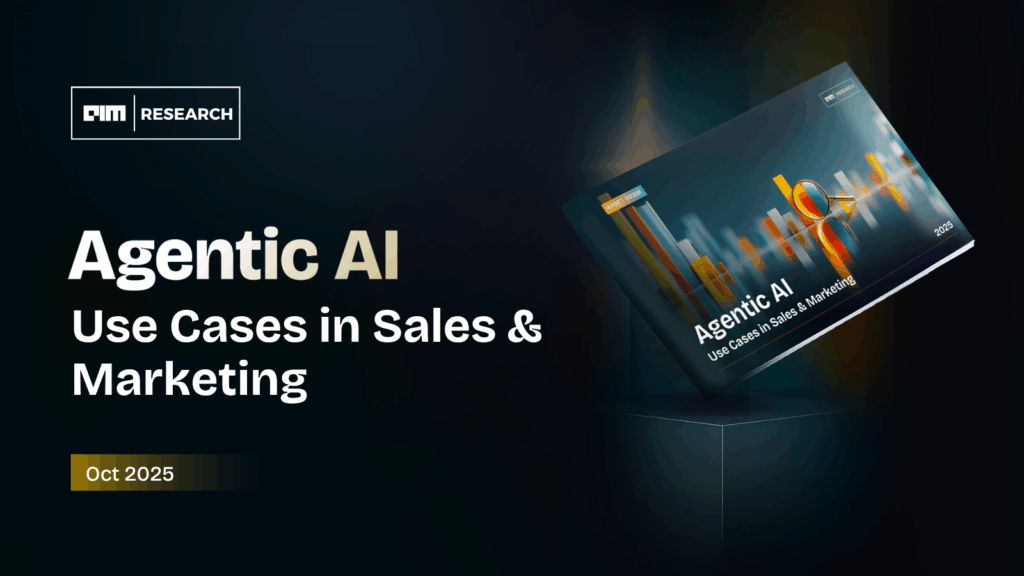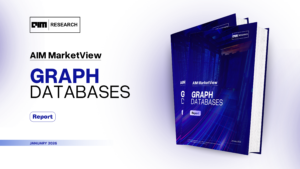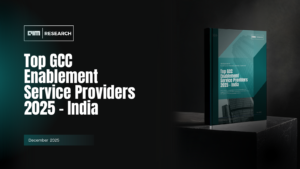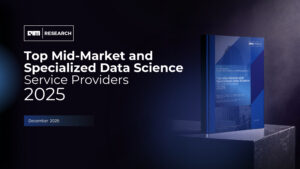The sales and marketing ecosystem is undergoing rapid transformation with the adoption of Agentic AI, as enterprises prioritize use cases that directly improve customer engagement, pipeline efficiency, and revenue outcomes. Applications range from lead qualification and pipeline management in sales to campaign orchestration, customer segmentation, and content optimization in marketing, reflecting a growing maturity in how businesses integrate autonomous systems into their commercial functions.
High-impact use cases such as lead qualification, customer segmentation, and opportunity management are gaining traction due to their ability to streamline repetitive workflows, accelerate sales cycles, and deliver hyper-personalized marketing at scale. Early adopters report measurable efficiency gains, including 25–55% faster campaign execution, 25–35% fewer manual steps, and ~0.5 days saved per salesperson per week, alongside a reduction in data management costs.
Adoption patterns are closely tied to integration readiness and digital maturity. Organizations with unified, high-quality customer data, interoperable CRM/CDP platforms, and well-established governance frameworks are scaling Agentic AI more effectively. Meanwhile, firms with siloed datasets, limited automation infrastructure, or low organizational readiness face barriers to adoption.
Case studies highlight how leading enterprises are moving beyond pilot implementations to embed Agentic AI agents across customer-facing workflows. From real-time campaign acceleration at Accenture to relationship management automation at Prudential and advisor productivity gains at RBC Wealth Management, the evidence underscores Agentic AI’s potential to reimagine sales and marketing by driving precision, efficiency, and personalization at scale.
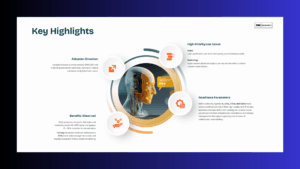
Key Highlights
- Adoption Direction – Adoption is being built into existing CRM, CDP, and marketing automation platforms, making it a natural extension of digital infrastructure.
- Benefits Observed – Early adopters of Agentic AI in sales and marketing report 25–55% faster campaigns, 25–35% reduction in manual steps, ~0.5 day saved per week per salesperson, 50% lower data management costs, and doubled scalability without proportional hiring.
- High-Priority Use Cases –
Sales – Lead qualification, dynamic forecasting, automated proposals.
Marketing – Hyper-personalized campaigns, journey orchestration, content creation/optimization.
- Readiness Parameter – Before adopting Agentic AI, CIOs, CTOs, and CDOs must ensure readiness across unified, high-quality real-time data, seamless interoperability with existing tech stacks, robust governance for bias mitigation and compliance, and change management strategies supporting new human-AI collaboration and reskilling.
Table of Contents:
1. Key Highlights
2. Introduction
3. When to Consider Adopting Agentic Systems in your Workflows
4. Current enterprise adoption patterns
5. Agentic AI use cases in marketing activities
6. Agentic AI use cases in sales activities
7. Prioritizing high-impact use cases
8. Case studies
9. Representative List of Vendors
A Complimentary 45-Minute Strategic Session on Agentic AI for Sales & Marketing Leaders
AIM Research’s Research Analyst will deliver a complimentary 45-minute session focused the report on – Agentic AI use cases – Sales & Marketing. The briefing provides strategic insights tailored to tech buyers and vendors, including C-suite executives, product development teams, and business leaders. The research report can also be customized based on organizational needs or executive roles.
Tech Vendors Perspective
Product and Development Executives: Gain insights into high-value use cases such as lead qualification, opportunity management, campaign orchestration, and dynamic pricing, with emphasis on technical considerations, scalability, and integration with CRM/CDP ecosystems.
Sales and Marketing Teams: Harness Agentic AI to design data-driven go-to-market strategies that unlock new growth opportunities. By automating lead qualification, personalizing customer engagement, and optimizing campaign performance, leaders can directly link AI-driven initiatives to measurable ROI. These capabilities not only strengthen relationships with enterprise clients but also enable scalable, high-impact strategies that accelerate revenue growth and competitive differentiation.
Strategic Roadmaps: Understand emerging adoption trends, integration challenges, and competitive positioning to guide product innovation, differentiation, and agent-enabled customer engagement strategies.
Tech Buyers Perspective
C-Suite Executives: Assess the strategic potential of Agentic AI in accelerating sales cycles, reducing manual processes, and enhancing personalization, with a focus on ROI, customer experience, and long-term scalability.
IT and Digital Transformation Leaders: Gain a comprehensive view of Agentic AI applications across sales and marketing, including CRM orchestration, customer journey automation, and campaign optimization. Evaluate vendor capabilities, interoperability, and governance models to ensure secure and effective adoption.

